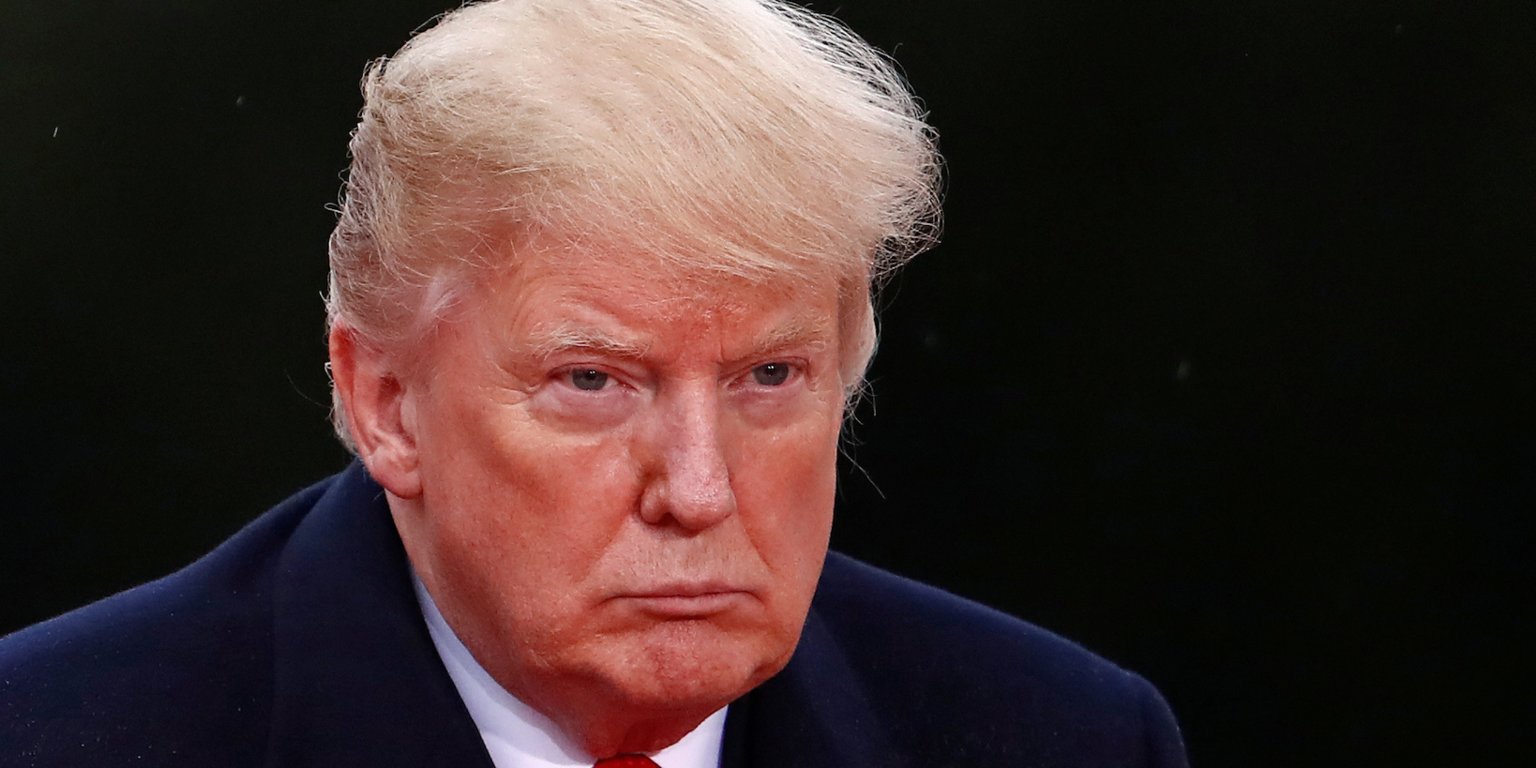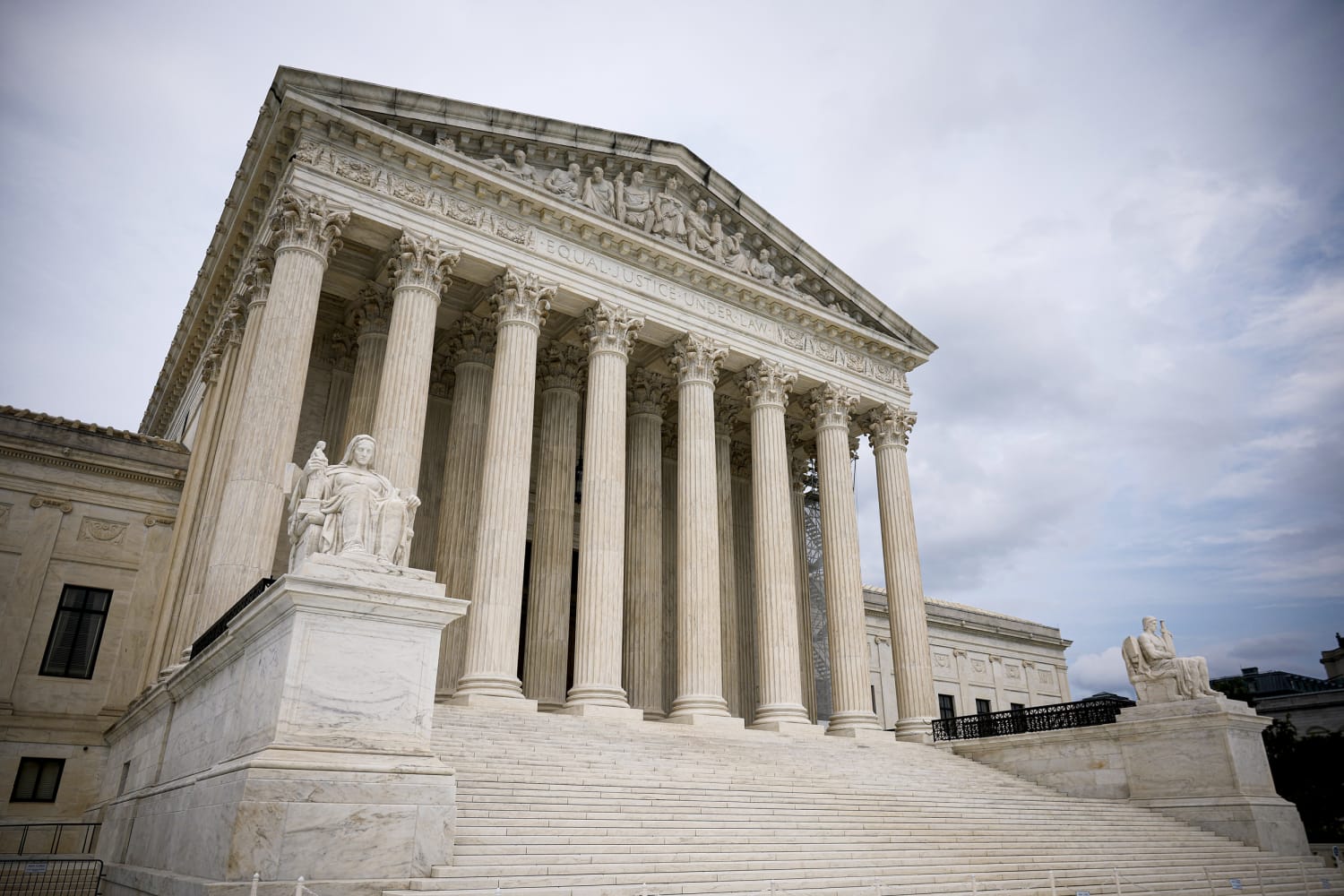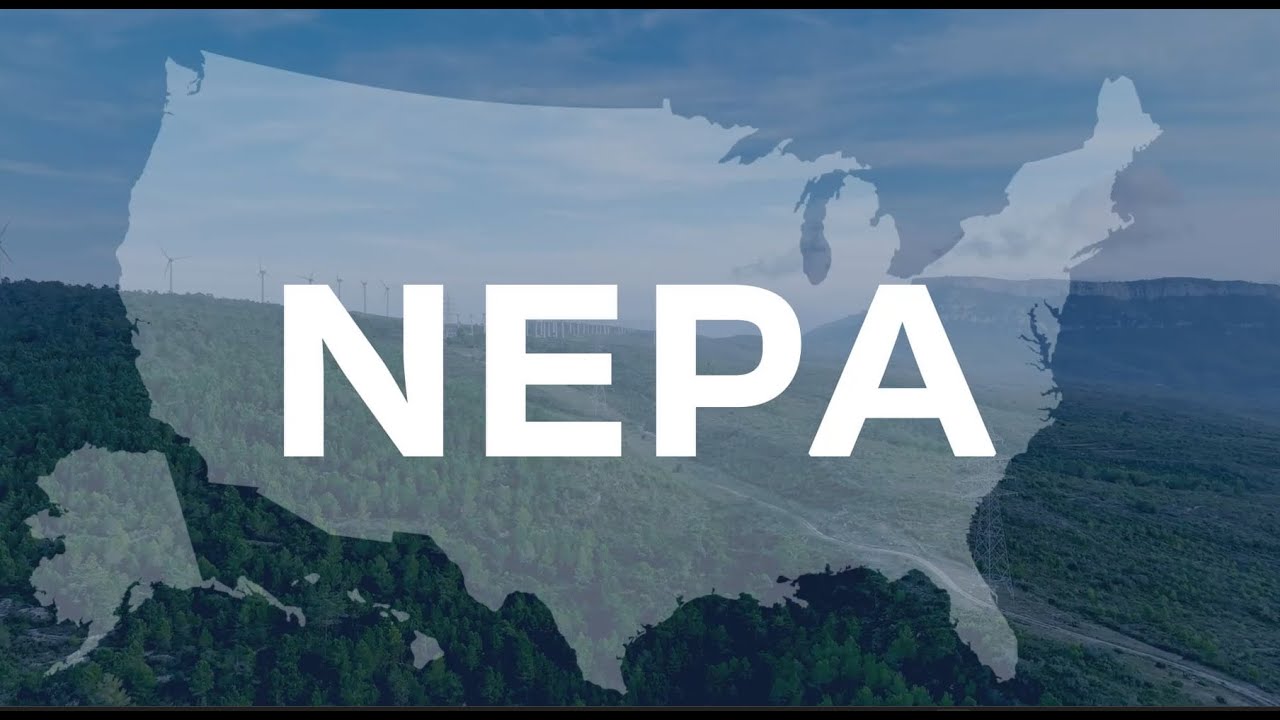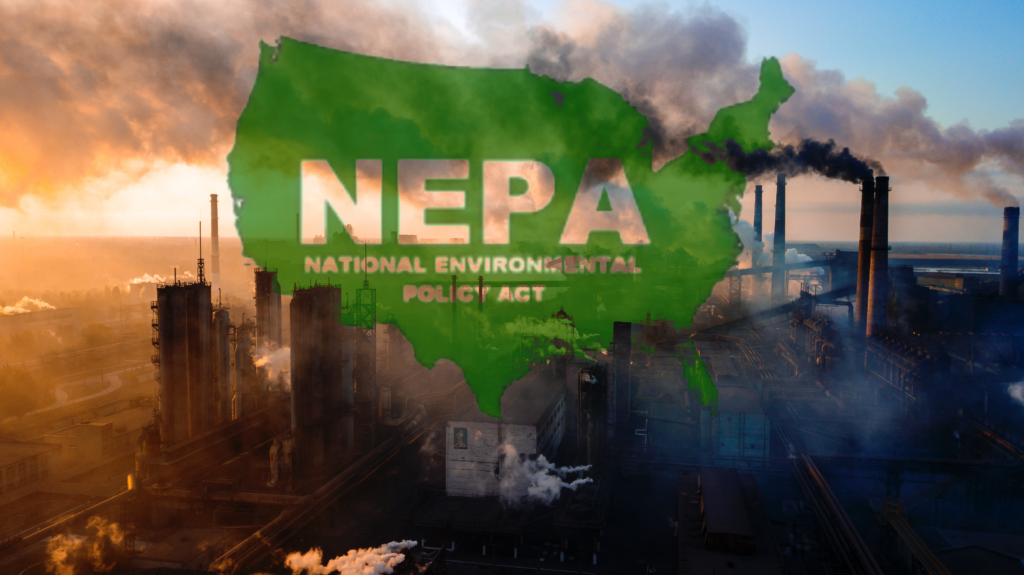administrative law
EPA Jumps the Shark
Just as a past dictator rejected modern genetics, Trump rejects climate science. For both, evidence was no match for ideology and ego.
Honestly, EPA’s embrace of climate denial is just plain embarrassing. And the rest of the world will justifiably view it as one more sign that the U.S. has taken leave of its senses. Trump can change the name of a water body on maps, but he can’t change scientific reality. The scientific evidence about the reality of climate change, its causes, and its harms is incredibly well-established. It’s based on many different types of data and models, which have been tested and retested.
CONTINUE READINGTrump’s Seven Most Anti-Environmental Moves — and How to Push Back
There were dozens of actions, all harmful to the environment. These are the worst of the worst.
In the month since he reentered the White House, Trump has dedicated himself to knee-capping environmental protection through a series of executive orders. These orders aim to eliminate crucial environmental regulations, eviscerate key agencies like EPA, arbitrarily halt government funding, and eliminate environmental restraints on the private sector. But these are not done deals, and there are ways of pushing back.
CONTINUE READINGThe California Car Waiver and the Congressional Review Act
Trump has found a possible way to end run California’s legal arguments for the waiver. But there’s no reason to give up.
If the CRA resolution does go through, California should wait until after the midterms, when Democrats are favored to take the House, and then try again with different formulated regulations. When the Trump Administration rejects them, it could then litigate whether the new versions were “substantially the same” as the old ones.
CONTINUE READINGPresidential Blitzkrieg: Good Tactics, Questionable Strategy
Flooding the zone has short-term benefits but possible long-term costs.
Trump has issued a flood of executive orders. Many of those actions relate to energy and environment, with the general intent of handicapping clean energy and promoting fossil fuels. Flooding the zone has undoubtedly helped him dominate the news and may have stunned opponents. But shirt-ternm success doesn’t always translate into long-term gains.
CONTINUE READINGSurfing the Wave of Executive Orders
As an old song says, “Mama Miá, here we go again!”
One thing that no one can deny is that Trump is brilliant at political theater. People overlook the importance of that at their peril. But theater isn’t reality, and it remains to be seen how many of the grand gestures Trump made today will eventuate in law.Presidents love issuing executive orders. It’s easy to do, and many people will credit the president with major accomplishment. But really, as someone recently said, an executive order is “just a memo on fancy letterhead.”
CONTINUE READINGWhat to Expect When You’re Expecting Trump: Looking Ahead to 2025
Before even taking office, Trump has confirmed that “normality” is out the window.
Trump’s strategy involves appointing inexperienced administrators and to alienate or eliminate the experienced public servants who could help them implement their policies effectively.The good news is that Trump has not learned the lessons of his first administration and continues to think that ideology and bravado can substitute for competence. The courts are likely to tell him otherwise.
CONTINUE READINGCan the Major Question Doctrine Block Trump’s Excesses?
The doctrine has been hailed by conservatives. But it may come back to bite them.
The major question doctrine tells judges to be skeptical when the government leverage some vague or obscure law to support a dramatic, unprecedented action. Dramatic, unprecedented actions are Trump’ stock in trade. The major question doctrine just might be what we need to block him.
CONTINUE READINGNEPA in the Supreme Court (Part IV)
Understanding how causation applies for NEPA reviews.
This functional approach is consistent with Supreme Court precedent, based on the text and purposes of NEPA, and provides workable guidelines for agencies to determine what kinds of effects to examine when conducting environmental reviews. It is the approach the Court should follow when deciding Seven Counties, and when giving guidance to lower courts and agencies about how to apply NEPA.
CONTINUE READINGNEPA in the Supreme Court (Part III)
Our guide to understanding how causation applies for NEPA reviews.
Overall, the Supreme Court has articulated a functional approach that is based on the purposes of NEPA, based on the structure and text of the statute. Today’s post will lay the foundation by discussing NEPA’s purposes and how they differ from those of another area of law often used as an analogy, tort law
CONTINUE READINGNEPA in the Supreme Court (Part II)
Here’s why the Supreme Court should reject radical arguments for limiting environmental impact statements.
Our last post explained the background of the Seven Counties NEPA case, which is currently pending in the Supreme Court. Today, we discuss the radical arguments that have been made in the case and why they should be rejected. NEPA requires that agencies consider the environmental effects of their projects, but the petitioners raise hairsplitting arguments to exclude obvious effects due to technicalities. Pleas for revising the law should be made to Congress, not to the Supreme Court.
CONTINUE READING










